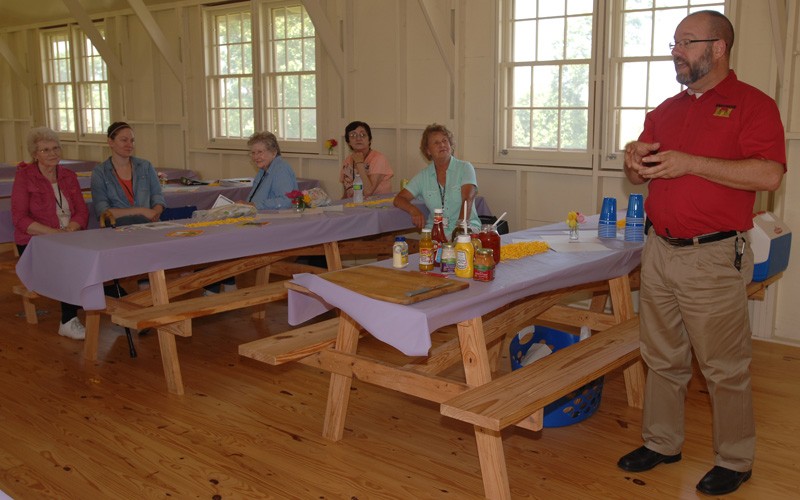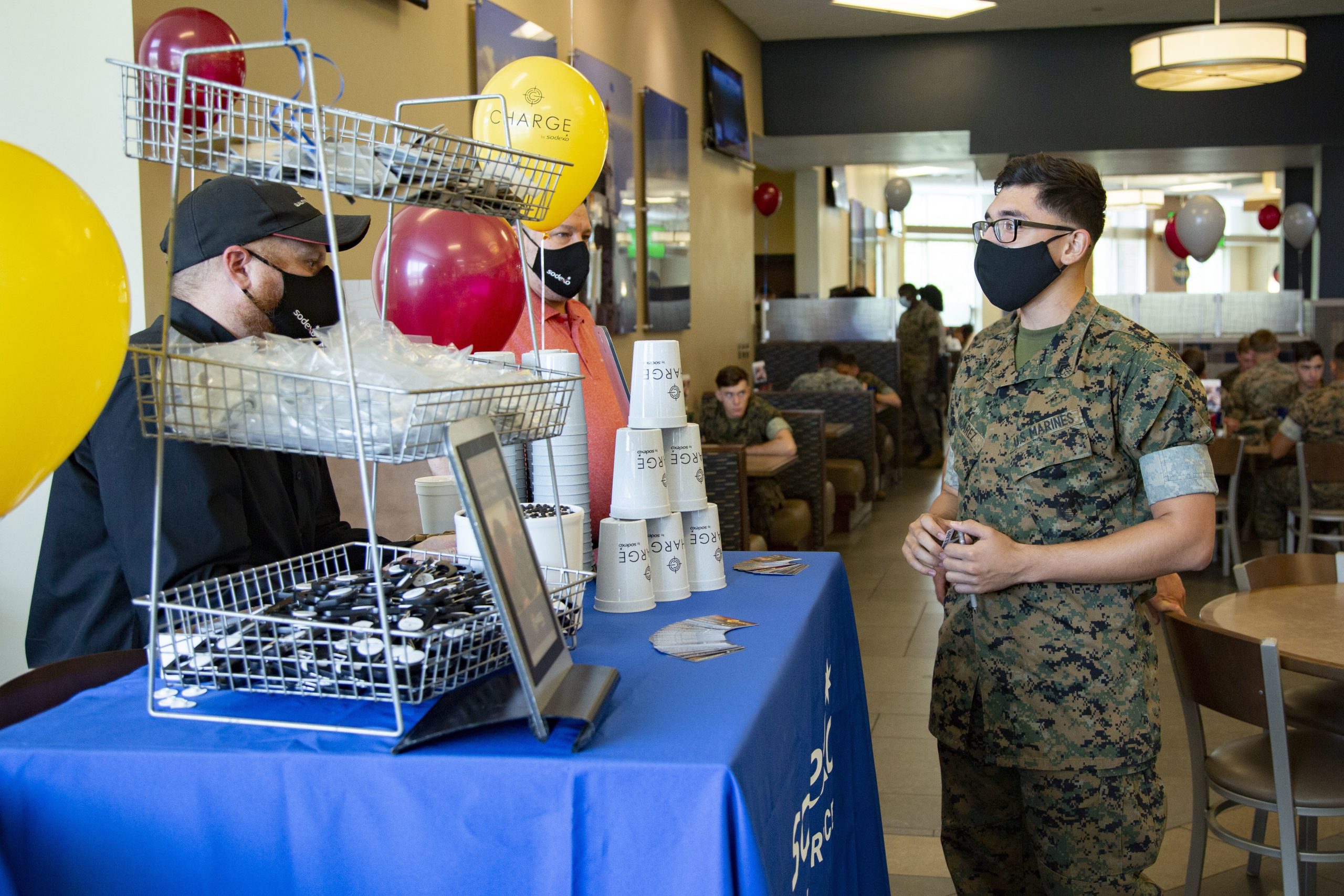How can working adults help older loved ones solve support problems without being physically there?

Many of us are concerned about our elders. It is incredibly important that we protect them from the dangers of the COVID-19 virus , but as weeks turn into months, we also need to keep loneliness and depression at bay until we can be with them. Technology can provide a valuable resource to help our older population during this time of shelter at home. For many seniors, their computers and phones are their lifelines. But for others who rely heavily on younger, more tech-savvy relatives and friends to help them stay connected, technology can be a source of frustration.
With social distancing in place, how can working adults help older loved ones solve support problems without being physically there? And, with criminals selling COVID-19 related scams targeting older adults, how can we help them stay safe?
With social distancing in place, how can working adults help older loved ones solve support problems without being physically there? And, with criminals selling COVID-19 related scams targeting older adults, how can we help them stay safe?
These are pressing questions for many of us during this difficult time. Solutions will vary depending on many factors, including the health, living situation, and comfort of your parents or friends with technology. Some tips will be perfect for one group, not so appropriate for others.
Considering the scope of the exercise, here are some tips you can use to help mature demographics with technology problems when navigating during the pandemic.
Keep it simple : This is not the time for extensive technology updates or complicated downloads. If your loved one is more comfortable with text than e-mail, or vice versa, do most of your written communications that way. If they have a favorite app or website, don’t go out of their way to adopt other platforms, but rather help them better navigate the solutions that suit their comfort level.
Use apps to connect – there are all kinds of online options for talking to family and friends, and some are very easy to use(site in English). Zoom, for example, does not require a download to participate in a video call. Older adults only need to click a link, and if the moderator sets the video and audio settings to auto-load, everything will appear. FaceTime, Skype, and WhatsApp also provide easy ways to communicate with groups and are as easy to join as taking a call. This is a good opportunity for younger relatives and tech savvy to help coordinate a series of Zoom calls with your grandparents’ network of friends. For added support it helps to set them up with “Gallery View” before the call so they can see everyone and don’t have to figure it out themselves once the call starts.
Spend a little extra time- If your parents or older friends have problems with the computer, they are probably also discouraged. Find time to listen to these concerns and guide them through a solution that meets their needs. Take an additional 5 minutes to help them set up a Zoom call before the call begins so they don’t feel rushed or discouraged when others join. Make sure to factor in the extra time it will take to help them set them up so that everything goes smoothly and doesn’t leave everyone feeling frustrated. Better yet, encourage your children (your grandchildren) to call them separately and guide them through the technology setup processes, this creates practical support and the added benefit of spending time with family. My mother wears hearing aids so Guiding you through the different functions of the technology platform so you know when to mute / deactivate and say if someone else is speaking to avoid erroneous interruptions or embarrassment is important. If changes or updates are needed to hardware devices, please take the time to research these steps and share images if possible (send images of the instructions, preferably with a diagram pointing to the icon on the screen), call and guide them through the process directly, practicing patience as you seek to navigate the nuances of this new normal.
Teach them to watch out for online scams : While seniors have long been the target of online scams, the frequency has increased in recent months(site in English), during the COVID-19 scare. Some of the more aggressive efforts have included scammers posing as doctors and hospital staff, claiming to have treated a relative for COVID-19 and demanding payment for treatment. Others pose as government representatives, from seeking information to promising to send stimulus checks. Encourage your loved ones not to click on anything out of the ordinary, no matter what they promise. And don’t forget the phone. Telephone fraud continues to be the leading cause of fraud in seniors. Remind seniors to be vigilant and not to trust someone they don’t know on the phone.
Examine All COVID-19 Related Product Offerings – Seeing frequent news reports on the virus’s effects on the population over 60, many seniors are surfing the web and monitoring their emails in hopes of a cure miraculous. Family members should encourage the elderly to ignore offers of any COVID-19 vaccine, cure or treatment. Medical Advances will not circulate through unsolicited emails or online advertisements; they will be at the top of the news.
Help them get more involved in e-commerce – Many older adults have avoided e-commerce for two reasons: They were intimidated by it, and they were able to easily pick up the products they needed from local stores. Now that the pandemic has made shopping in person difficult, spending time teaching the older adults in your life to shop online will greatly benefit their everyday needs and reduce their exposure to physical contact. Food delivery websites are easy to navigate, and Amazon can ship just about anything you need in a few days. Seniors may need some help getting started and troubleshooting an occasional transaction, but once they get started it will help them feel more empowered to shop on their own.
Connecting with our elders is more important than ever during these difficult times. Whether you are five blocks or five thousand miles from your loved ones, we all need to do everything we can to support them from a distance. When in doubt, please contact us. A little human connection goes a long way.




